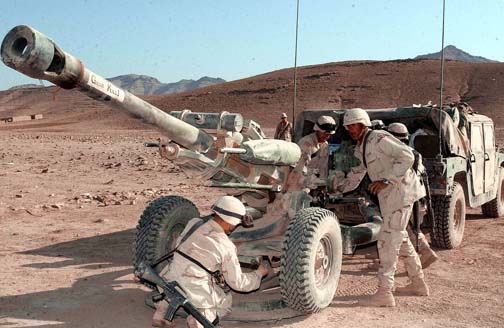Schofield’s high deployment rate: Military families fight their own battles at home
WAHIAWA—In 2009, Brendan Marrocco, an infantryman stationed out of Schofield Baracks, lost all four of his limbs in an Easter Sunday roadside bomb attack. It was with the support of his family that Marrocco was able to adjust and walk under his own power just months later through the aid of prosthetics.
“It’s an extremely hard situation,” his mother Michelle said in the story recounted by The American Legion, a government-chartered veterans organization. “We get our strength from Brendan,” she said. “If he can do this, we can do this.”
Marrocco’s story is one of countless others shared among American troops deployed throughout the world. This October 7 marked the 9th anniversary of the start of the Afghanistan War, now the longest war in American history. 1,321 American service members have been killed in action, at least 8,000 wounded, and tens of thousands of Afghani civilians killed. Here at home, military families also face the difficulties and the aftermath of deployment. There are currently over 3,500 Schofield Barracks Soldiers presently deployed in Iraq, with approximately 500 more expected to be deployed later this fall.

Schofield Barracks was recently chosen by the Fisher House Foundation, a non-profit organization that provides assistance to military families in need, to receive a $50,000 donation to provide services for families of deployed soldiers. The Central Oahu base was one of three chosen from a list of 10 Army bases nationwide. According to Loran D. Doane, a U.S. Army Garrison-Hawaii spokesperson, Schofield Barracks was chosen because of the high deployment rate of soldiers based there.
“We have a very high volume of deployment. They’ve been rotating over the years and there is a large volume of soldiers in Hawaii,” Doane said. “We have so many deployments, with more families with a loved one deployed than at other instillations.”
On October 1, Fisher House presented the check to the U.S. Army Garrison-Hawaii’s Family and Morale, Welfare and Recreation (FMWR) program to support family members of deployed soldiers through the Army’s Blue Star Card Program. The Blue Star Card Program is a FMWR discount and activity card for Spouses and Families of combat deployed Army Soldiers.
Major General Michael J. Terry, commanding general of the U.S. Army Hawaii, and Sarah Chadwick, USAG-HI’s Blue Star Card coordinator, accepted the donation on behalf of all Hawaii’s Army families who have loved ones deployed overseas.

The funds will be used to provide educational and family activities for youths.
According to Doane, the Fisher House set two requirements for bases that receive the donation. “Number one was that the funds be used solely for families of deployed soldiers, and two, that after the money is used, an accounting of where it went be provided,” Doane said. “Families were asked what they would benefit from and we got a huge list. We were looking to provide educational and fun activities and they widdled it down to a smaller list.”
Fisher House also provides “comfort homes,” built on the grounds of major military and VA medical centers. There is currently one Fisher House in Hawaii, located at Tripler Army Medical Center in Honolulu. The homes provide family members a place to be near their loved ones during their hospitalization for an unexpected illness, disease, or injury.
This past summer, when multiple domestic violence crimes made the local evening news, it was reported that violent cases in Hawaii involving soldiers suffering from combat traumas are likely to increase.
“We have to assume that war changes people,” Noe Foster, CEO of The Strategist, an advisory firm for military health projects, told KITV4 News. “We need to assume that coming back with a traumatic brain injury or diagnosed with PTSD is very likely and look immediately for those tell tale signs and provide support services and counseling even if the symptoms are not full blown.”
As the number of soldiers deployed out of Hawaii continues to increase, sufficient services for all types of injury must be made available for those soldiers and their families who are very much a part of our island community when they’re here.